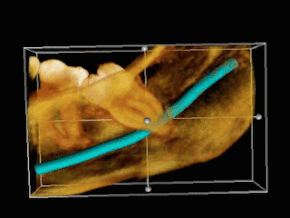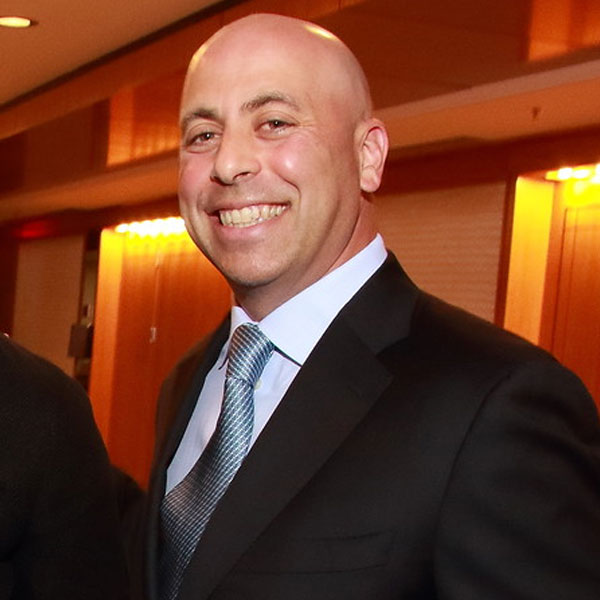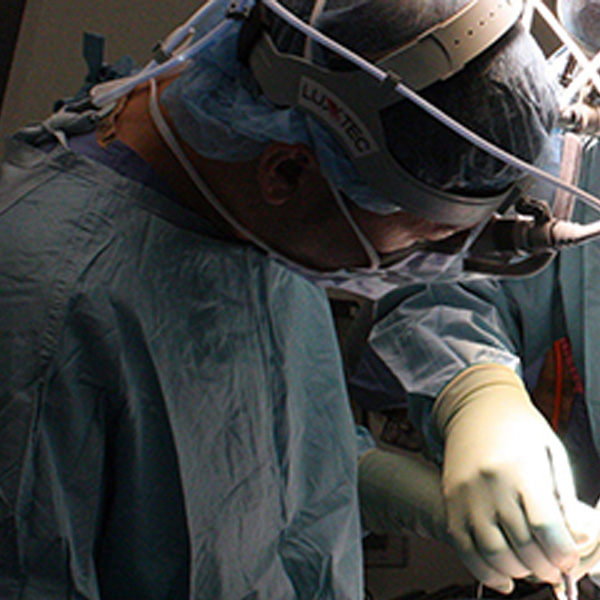Wisdom Teeth Removal
-
Wisdom teeth are the last teeth to erupt within the mouth. When they align properly and gum tissue is healthy, wisdom teeth do not have to be removed. Unfortunately, this does not generally happen. The extraction of wisdom teeth is necessary when they are prevented from properly erupting within the mouth. They may grow sideways, partially emerge from the gum, and even remain trapped beneath the gum and bone. Impacted teeth can take many positions in the bone as they attempt to find a pathway that will allow them to successfully erupt.
130 Garth Rd, Scarsdale, NY 10583
Make Appointment

-
These poorly positioned impacted teeth can cause many problems. When they are partially erupted, the opening around the teeth allows bacteria to grow and will eventually cause an infection. The result: swelling, stiffness, pain, and illness. The pressure from the erupting wisdom teeth may move other teeth and disrupt the orthodontic or natural alignment of teeth. The most serious problem occurs when tumors or cysts form around the impacted wisdom teeth, resulting in the destruction of the jawbone and healthy teeth. Removal of the offending impacted teeth usually resolves these problems.
Early removal is recommended to avoid such future problems and to decrease the surgical risk involved with the procedure.

Mesial impactions
The most commonly occurring type of wisdom teeth impaction. With a mesial impaction, the tooth is partially erupted and angled towards the front of the mouth. For this reason, mesial impactions are sometimes referred to as “angular impactions”. This type of impaction may or may not cause issues and is usually closely monitored before making decisions on whether or not to remove the tooth.

Horizontal Impactions:
Horizontal impactions are a type of full impaction where the tooth is lying completely horizontally underneath the gums. Instead of moving up through the gums, the horizontal orientation of the tooth causes it to move sideways into the tooth next to it. For this reason, horizontal impactions are considered to be the most painful type of wisdom tooth impaction. To alleviate pain and prevent damage to the adjacent teeth, wisdom teeth that are horizontally impacted must be removed with a surgical extraction.

Vertical Impactions:
Vertical impactions are a type of full impaction where the tooth is in the correct position for eruption, but still lies below the gums. Since wisdom teeth with vertical impactions are in the correct position, extraction is rarely needed unless the erupted tooth is expected to cause overcrowding or if it is exerting too much pressure on the tooth root next to it.

Distal Impactions:
Distal impactions are the most rare of all types of wisdom teeth impactions. Like teeth with a mesial impaction, teeth with a distal impaction are angled and can sometimes be called “angular impactions”. However unlike a mesial impaction, teeth with a distal impaction are angled towards the back of the mouth and may be partially or fully impacted. The need for extraction will depend upon the degree of the tooth angle, as well as whether the tooth is partially or fully impacted.
CT Scan
When Should You Get a CT-Scan For Wisdom Teeth Extraction?
-
A CT-scan provides more detailed information about the position of wisdom teeth and their proximity to nerves and sinuses. While not indicated routinely for wisdom teeth, this type of image is helpful for patients who have severe or deeply impacted wisdom teeth and whose oral surgeon is concerned about proximity to nerves, sinuses, or cysts. Although rare, any irritation to the nerve that passes under the lower wisdom teeth, can lead to a period of numbness along the lip and chin area. In most cases, this condition is temporary and resolves gradually in six to eight weeks. Only in rare instances, it may become more prolonged or permanent.

3D Cone Beam CT Scanner is a revolutionary dental imaging system that provides three dimensional, high-resolution dental images
CT Scan: read moreModern locations
high tech sterilizationPlatelet-Rich Plasma: Enhance the rate of bone formation
Heal Faster After Oral Surgery and Dental Implants!
Platelet-Rich Plasma in Dental Surgery
read moreYoutube Video Background
- With the latest technology, passionate team, and experienced Advanced Dental Scarsdale Oral surgeons, we dedicate ourselves to providing the very best service for everyone. Our office ensures a comfortable and friendly environment for all of our patients, and guarantee that you will be in good hands. We understand that safety and comfort is essential to creating a positive experience at the dentist, and pride ourselves in being able to provide the latest dental procedures, and carefully sterilized equipment. Our professional and welcoming staff are sure to prioritize your independent needs, ensuring everyone receives the best possible care available.
At Advanced Dental Scarsdale office, we value communication and trust with our patients and believe it is essential to create a safe and positive experience. Our team prioritizes the comfort and safety of our patients above all else, creating a warm and welcome environment in our office. We do our absolute best to guarantee a pleasant and relaxed experience for all of our patients and dedicate ourselves to providing the best possible care and service for everyone.
Symptoms
Impacted wisdom teeth don't always cause symptoms. However, when an impacted wisdom tooth becomes infected, damages other teeth or causes other dental problems, you may experience some of these signs or symptoms
Red or swollen gums
Tender or bleeding gums
Jaw pain
Swelling around the jaw
Bad breath, An unpleasant taste in your mouth
Difficulty opening your mouth
Scarsdale Advanced Dental | Top Rate Oral Surgeons

Oral Surgeon
Dr. Adam S Brisman,
DMD
One of the Top Doctors & Dentists
in New York by the prestigious Top Doc New York
as seen on channel Fox 5

Oral Surgeon
Dr. Paul Chin-Fan Li, DDS, MD
Board Eligible Oral and Maxillofacial Surgeon Columbia University School of Dental and Oral Surgery Drexel University College of Medicine

Oral Surgeon
Dr. Kayvan Fathimani, DDS
Triple Board Certified: Oral and Maxillofacial Surgery and Fellowship trained in Facial Cosmetic Surgery. Montefiore Medical Center.
How to Prepare For Oral Surgery
In most cases, the removal of wisdom teeth is performed under local anesthesia, IV sedation or general anesthesia. These options, as well as the possible surgical risks, will be discussed with you before the procedure is performed. Once the teeth are removed, the gum is sutured. To help control bleeding, gauze is placed in your mouth. You will rest under our supervision in the office until you are ready to be taken home. Upon discharge, your postoperative kit will include postoperative instructions, a prescription for pain medication, antibiotics, and a follow-up appointment in one week.